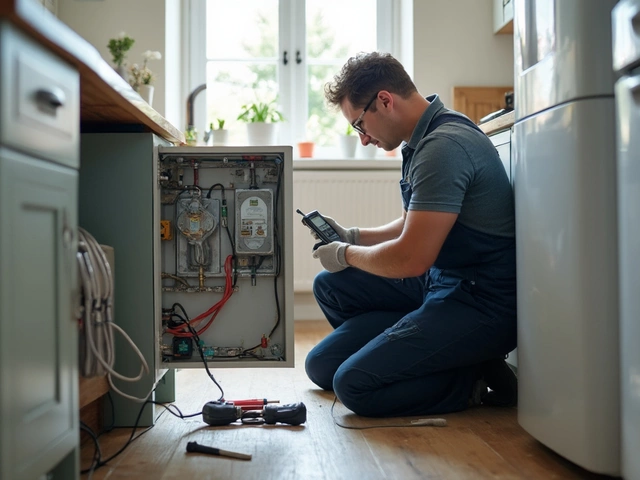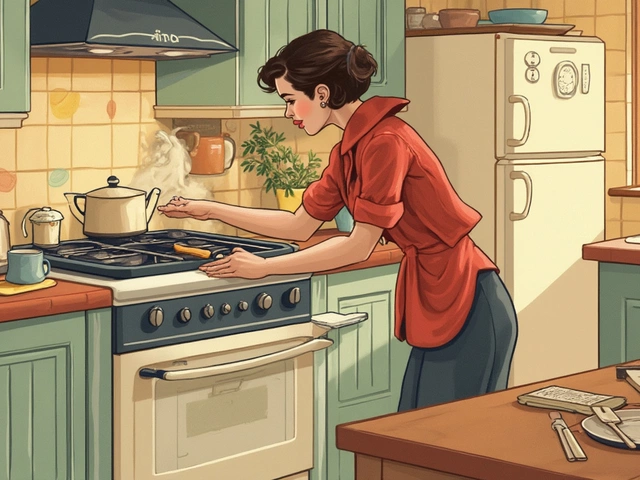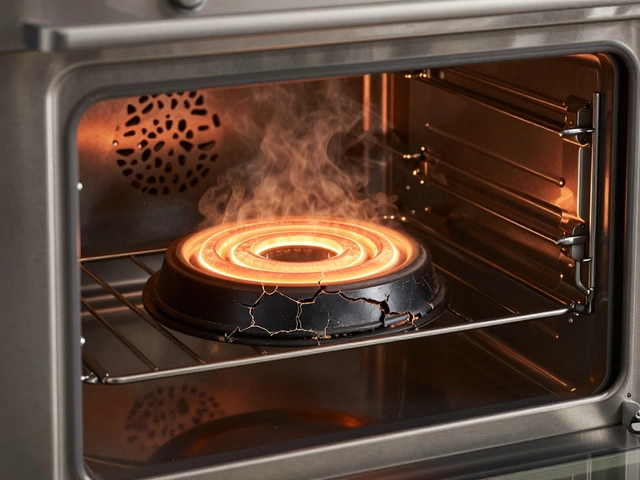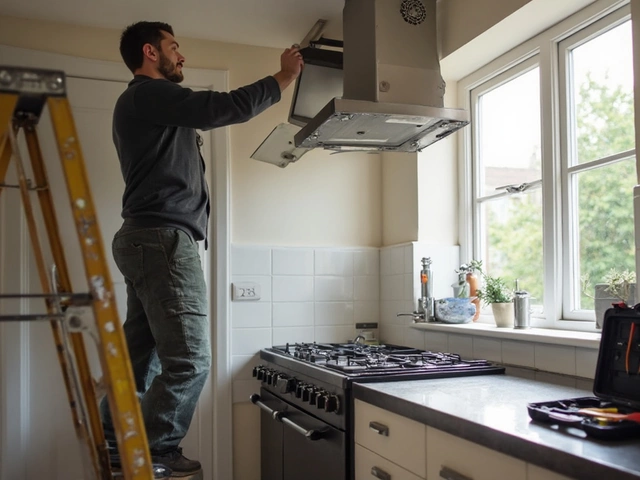Boiler Repair: Who Fixes Your Heat and How They Do It
May 23 2025Appliance Durability – What to Expect from Your Home Gadgets
Ever wonder why your kettle works fine for years while the dishwasher gives up after a few. The answer lies in how long each appliance is built to last and how you treat it. Knowing the typical lifespan, the key maintenance steps, and the tell‑tale signs of failure can save you money and avoid surprise breakdowns.
What Affects Appliance Lifespan
Every appliance has a design life that depends on its type, usage frequency, and how well you look after it. A boiler or water heater, for example, often reaches 10‑15 years if you flush it annually and keep the pressure right. Kitchen extractor fans tend to last 5‑10 years; grease buildup on the motor and filters is the main enemy, so a quick clean every few months adds years.
Heat pumps and freezers operate longer when you keep the coils clear and check the seals for leaks. Washers and dryers usually survive 8‑12 years, but overloaded loads or harsh detergents wear out bearings and seals faster. Small appliances like pressure cookers or microwaves have shorter expectations – about 5‑7 years – because their internal parts endure heat cycles daily.
Repair or Replace? Quick Decision Guide
When an appliance hiccups, ask yourself three questions: Is the part cheap to replace? Will the repair extend life significantly? Is the appliance already near the end of its design life? If a faulty oven heating element costs under £50 to swap and the oven is only six years old, fixing it makes sense. But if a 14‑year‑old boiler needs a new heat exchanger, replacement is often cheaper in the long run.
Look for warning signs: strange noises, reduced efficiency, frequent error codes, or visible wear. A water heater that needs a flush every few months is heading for sediment overload – that’s a cue to plan a replacement within the next year. A dishwasher that leaks on every cycle probably has a worn pump seal; if the model is over ten years old, a new machine may be the smarter choice.
Regular maintenance can push the clock back. Flush or drain water heaters yearly, clean extractor fan filters quarterly, and descale washing machines every six months. Simple tasks like checking fridge door seals or vacuuming dryer vents keep appliances running efficiently and prevent premature failures.
Bottom line: Knowing the normal lifespan of each device, performing routine upkeep, and spotting early symptoms help you decide when to call a repair tech and when it’s time to invest in a new model. Your home stays comfortable, your bills stay lower, and you avoid the hassle of unexpected breakdowns.
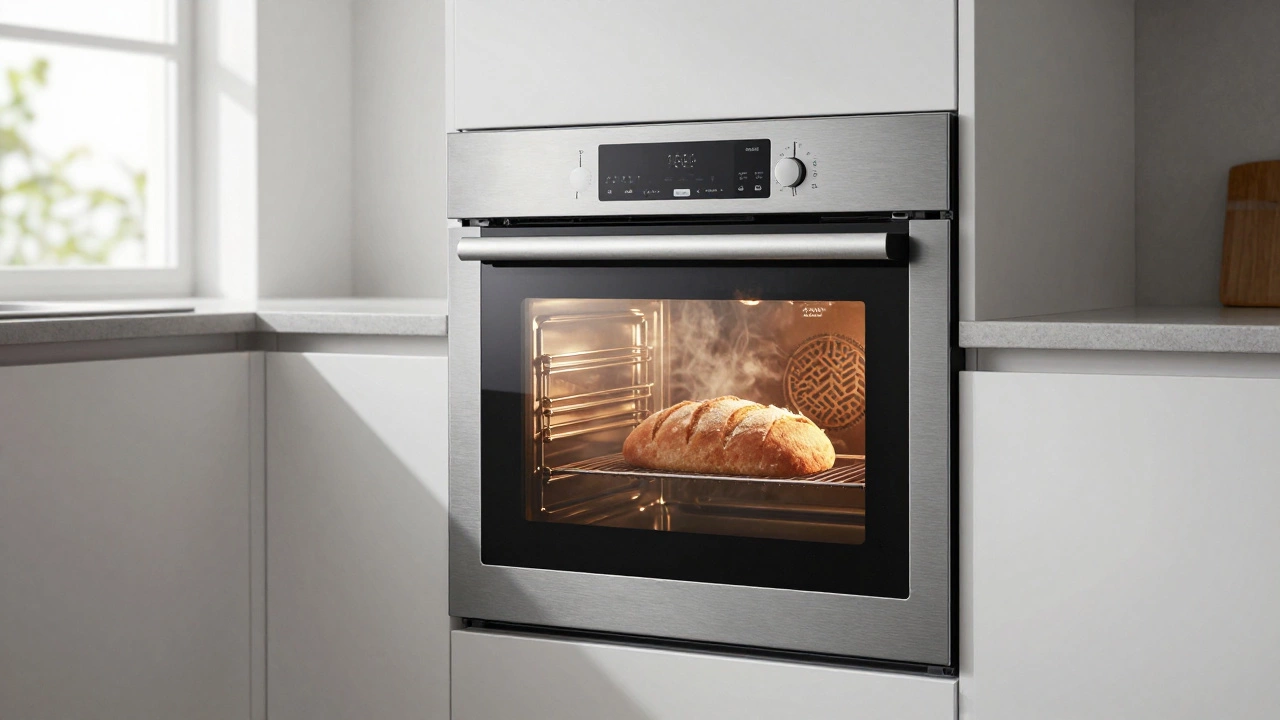 25 Dec
25 Dec
Which Appliance Brand Has the Least Repairs? Real Data on Oven Reliability
Based on real repair data from New Zealand, Bosch ovens have the lowest failure rate. Learn which brands actually last and what to look for when buying a reliable oven that won't need repairs.
Read More...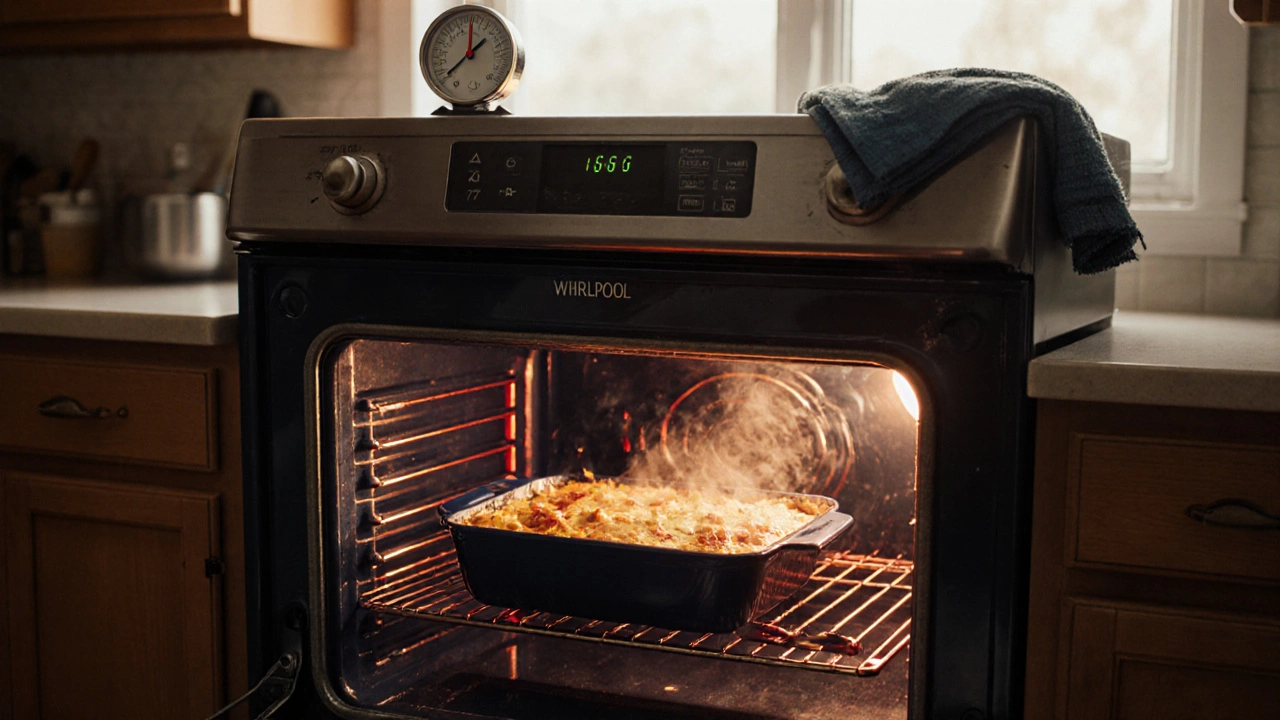 27 Nov
27 Nov
Can an Oven Last 20 Years? Realistic Expectations and How to Make It Happen
Can an oven last 20 years? Yes-if you avoid common mistakes and do simple maintenance. Learn what parts fail, how to fix them, and when to replace your oven for the best value.
Read More... 16 Apr
16 Apr
How Long Should an Electric Oven Last?
Figuring out how long your electric oven should last can be puzzling, but there are some key factors that help. Most electric ovens have a lifespan of about 13 to 15 years if they're looked after properly. Maintenance, usage habits, and brand quality play significant roles. Understanding these factors can help extend your oven's life and even optimize its performance over the years.
Read More...